| Photo | Name | Title | |
|---|---|---|---|
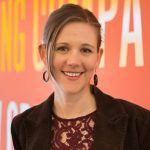 | Deborah Abibou | Sustainable and Resilient Community Assistant Extension Educator | deb.abibou@uconn.edu |
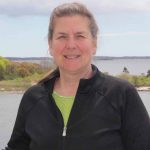 | Juliana Barrett | Coastal Habitats Extension Educator Emerita | juliana.barrett@uconn.edu |
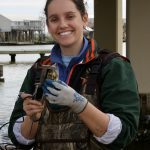 | Sarah Bodenstein | Regional Aquaculture Liaison | sarah.bodenstein@uconn.edu |
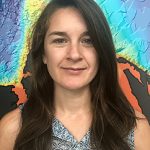 | Cary Chadwick | Geospatial Education, CLEAR, Associate Extension Educator | cary.chadwick@uconn.edu |
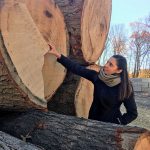 | Laura Cisneros | Natural Resources Conservation Academy - Assistant Extension Professor | laura.cisneros@uconn.edu |
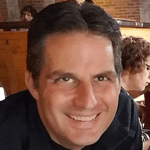 | Marc Cournoyer | UConn 4-H New London County Program Coordinator | marc.cournoyer@uconn.edu |
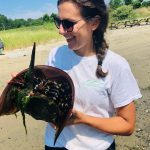 | Margaret Cozens | Long Island Sound Study (LISS) Outreach Coordinator - Visiting Assistant Extension Educator | margaret.cozens@uconn.edu |
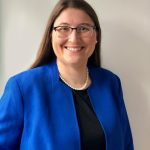 | Jennifer Cushman | UConn 4-H State Program Leader & Hartford County 4-H Program, Cooperative Extension Educator, Hartford County Center Coordinator | jennifer.cushman@uconn.edu |
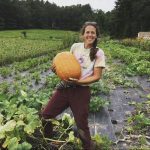 | Nicole Davidow | Vegetable Crops Educational Program Assistant | nicole.davidow@uconn.edu |
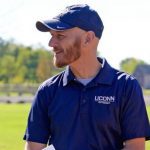 | David Dickson | Center for Land Use Education and Research (CLEAR) Director Co-Director, NEMO Program Extension Educator | david.dickson@uconn.edu |
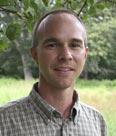 | Michael Dietz | CT Institute of Water Resources Director CLEAR CT Sea Grant Senior Extension Educator | michael.dietz@uconn.edu |
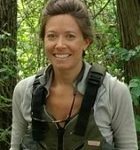 | Nicole Freidenfelds | Natural Resources Conservation Academy | nicole.freidenfelds@uconn.edu |
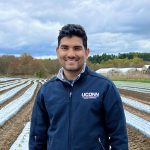 | Shuresh Ghimire | Vegetable Crops Associate Extension Educator | shuresh.ghimire@uconn.edu |
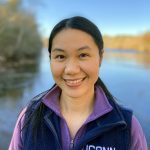 | Qian (Rachel) Lei-Parent | Geospatial Education Assistant Extension Educator | qian.lei@uconn.edu |
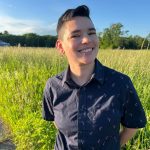 | Amelia Magistrali | Soil Health - Associate Extension Educator | amelia.magistrali@uconn.edu |
 | Richard Meinert | Agriculture (Dairy/Livestock) Nutrient Management Extension Educator | richard.meinert@uconn.edu |
 | Emily Picard | 4-H Youth, Fairfield County - Assistant Extension Educator | emily.picard@uconn.edu |
 | Owen Placido | Visiting Assistant Extension Educator - Nature-Based Approaches to Resilience | owen.placido@uconn.edu |
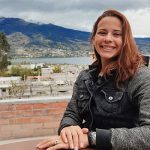 | Mayra Rodríguez González | Urban and Community Forestry - Assistant Extension Educator | mayra.rodriguez_gonzalez@uconn.edu |
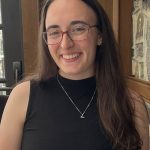 | Sarah Schechter | Sustainable & Resilient Communities - Assistant Extension Educator | sarah.schechter@uconn.edu |
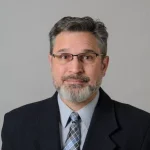 | Jason Vokoun | Fisheries Management | jason.vokoun@uconn.edu |
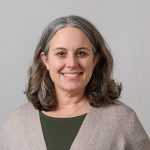 | Emily Wilson | Geospatial Extension Educator | emily.wilson@uconn.edu |
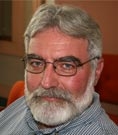 | Thomas Worthley | Forestry Stewardship Extension Professor, & Center Coordinator | thomas.worthley@uconn.edu |